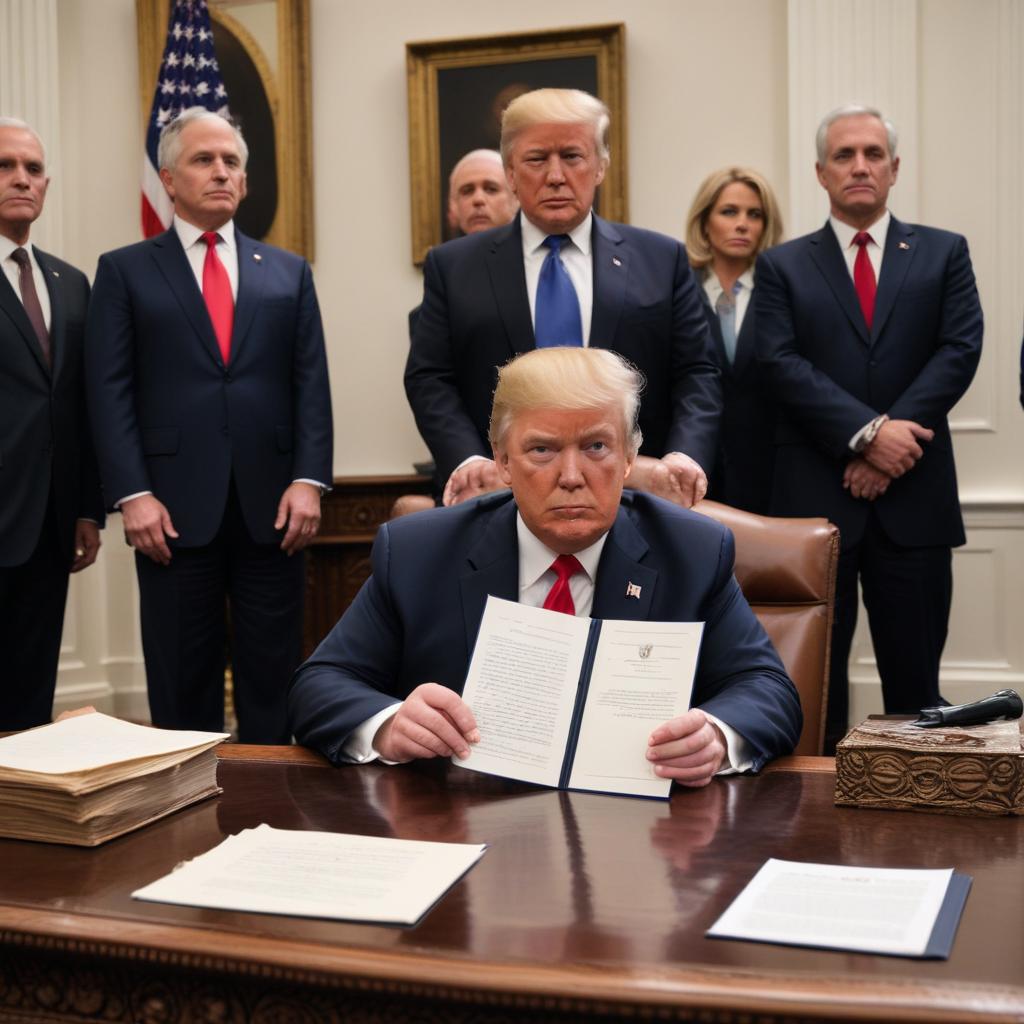President Trump signed the 'Epstein Files Transparency Act' after near-unanimous congressional approval, compelling the Justice Department to release documents related to Jeffrey Epstein within 30 days, sparking various reactions and controversies.
President Donald Trump officially signed the 'Epstein Files Transparency Act,' mandating the Justice Department to release all documents related to convicted sex offender Jeffrey Epstein within 30 days. This action followed swift, near-unanimous congressional approval, with the House voting 427-1 and the Senate passing it by unanimous consent. Trump, despite signing the bill, used his Truth Social platform to frame the 'Epstein issue' as a 'Democrat hoax' intended to distract from his 'victories,' and attempted to link Epstein primarily to Democratic figures. The legislation makes it a criminal offense for any DOJ or FBI official to withhold these files. The signing has elicited diverse reactions: Representative Ro Khanna, a co-sponsor, declared 'Congress has its mojo back'; former Harvard President Larry Summers immediately left his teaching role amid an investigation into his Epstein links, drawing criticism from Senator Elizabeth Warren; and the advocacy group World Without Exploitation hailed it as a 'long-overdue step toward justice,' crediting survivors. However, an Epstein survivor, Marina Lacerda, expressed both thrill and skepticism regarding the timing and potential for file tampering. House Minority Leader Hakeem Jeffries also denied Trump's claims about him asking Epstein for campaign donations. The move concludes months of resistance to making these records public.



